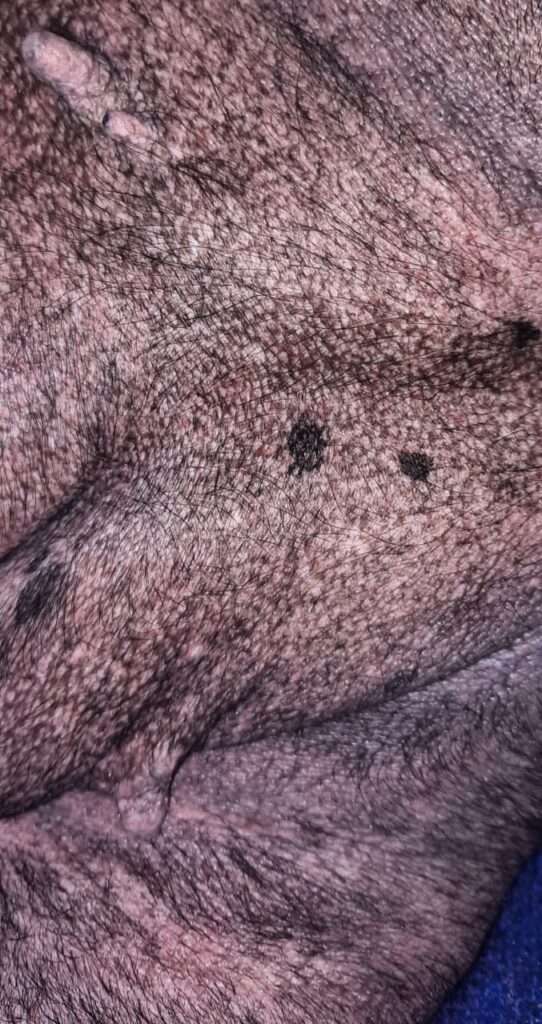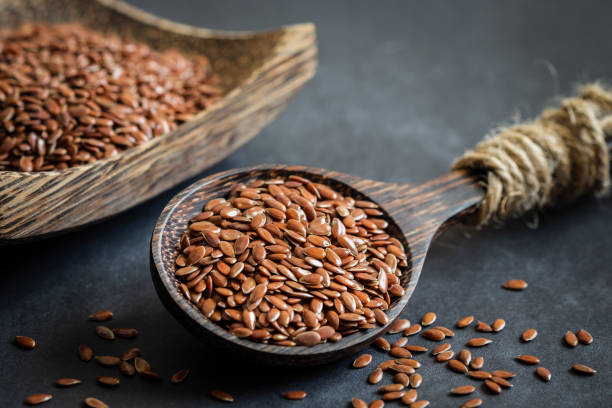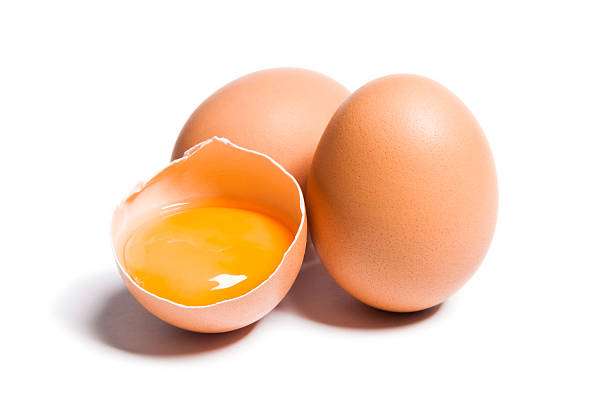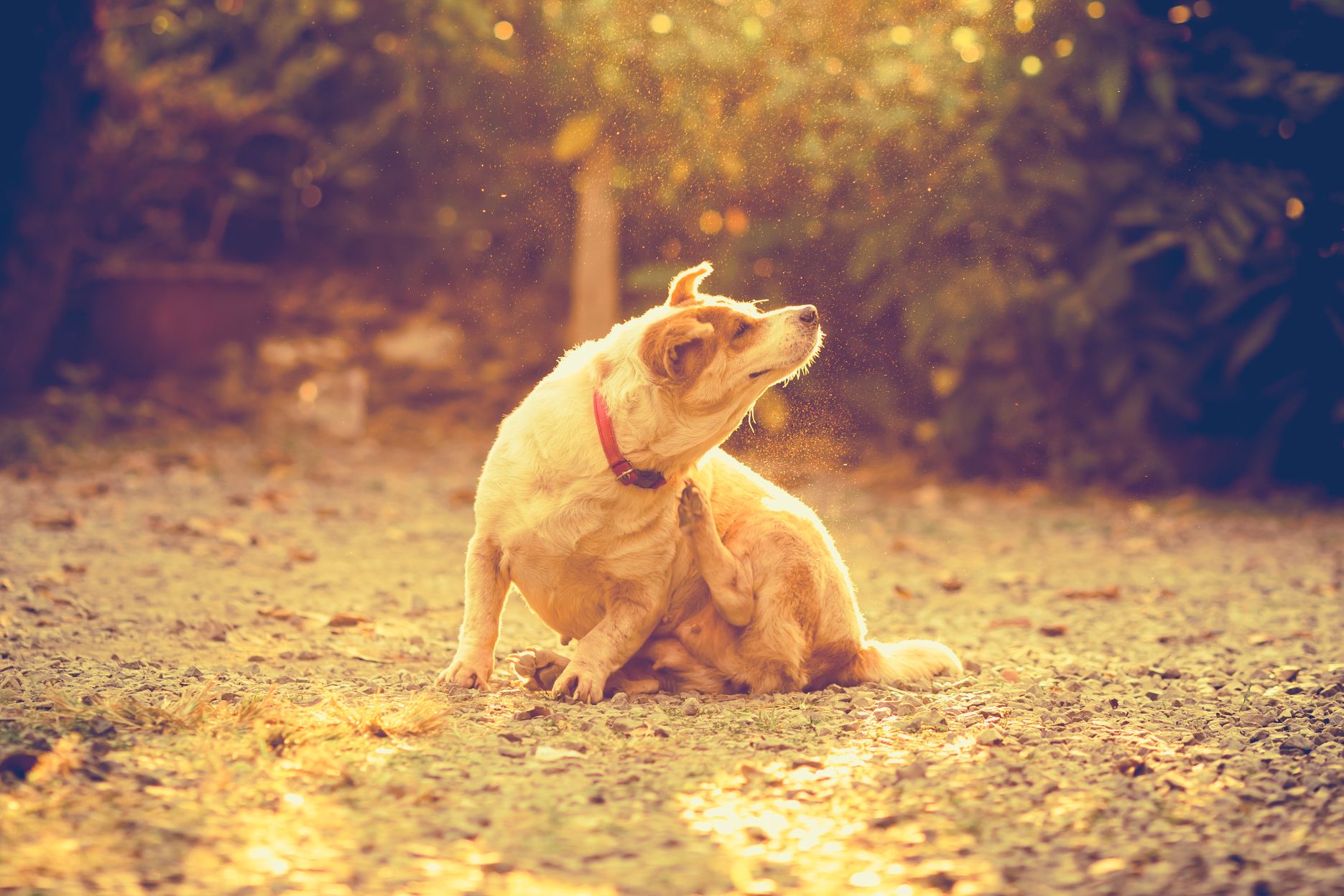Dogs with hypothyroidism can have persistent derma issues, itching, and dandruff-like flakey skin. As pet parents, we are all concerned with the unknown facts about hypothyroidism in dogs. It occurs when the thyroid glands in dogs are not producing enough hormones or there is an issue with sufficient hormone secretion. There are several ways we can treat and manage it, but keeping our pets only on medications is not an option to maintain their healthy lifestyle.

Signs and symptoms of hypothyroidism in dogs
Hypothyroidism significantly influences our pets’ metabolism and slows down the functions of almost every organ in their bodies. One can identify or consider a consultation with the veterinarian if the following symptoms occur.
- Unexplained weight loss or weight gain
- Obesity
- Lethargy or unwilling to play much.
- Skin issues (flakey skin, dandruff, hotspots, and red patches)
- Inability to tolerate cold
- Bald patches and thin coat.
- Dark pigmentation on the skin, like minor round marks.
- Thick reddish skin
- Recurring and severe skin infections
- High cholesterol
- Lameness
- Intermittent ear infections

Not all dogs get the same symptoms, but some often become visible depending on our pets’ age, breed, pedigree, and parental history. One needs to monitor and look closely for such signs if it feels so, and a vet should be consulted based on the symptoms.

How do vets diagnose dogs with hypothyroidism?
When we see our pooch lose all that glossy, smooth, shiny fur going in drains and bald patches coming up, we usually take it as seasonal hair fall in dogs. Sometimes, it is not just that. Instead, some underlying conditions are there that might require immediate medical attention. The vets often run tests and blood work on your pup to cover all the vitals and other aspects. The thyroid levels should be between 0.00 and 0.04, considering it is normal. A thyroid level of more than 0.04 often requires medication prescribed by the vets only. Vets often prescribe thyroxine doses per our pooch’s requirement based on body weight, age, and other medical conditions.

Home diet for dogs with hypothyroidism
Not only the medications, but we should focus on the dietary supplements for our pup. The nutritional supplements mean the vitamins and minerals sourced through home-cooked food effectively control hypothyroidism in dogs. The hyperthyroidism diet includes different ingredients that we can find in our kitchen. Understanding the required amount of protein, fiber, and other supplements we could have in our pet’s daily diet is also essential.

Organic diet for hypothyroidism in dogs
Along with the medication attention and the vet visits, we need to focus on the organic diet we could include in our pets’ daily food. We could find some items in our fridge and kitchen while preparing meals for our furbabies.
Iodized salt:

Iodized salt is a good source of minerals that is one essential oversized item for controlling thyroid in dogs. There are myths stating dogs should never consume salt. But a pinch of iodized salt in their food could help maintain a good level of thyroid hormones and help regulate the body’s functions more effectively. It is a rare thing that dogs often get iodine deficiency, but the drop in iodine level could also influence the thyroid hormone secretion.
Flaxseed

Flaxseed is another excellent source of Omega 3 and fatty acid as these are the most significant agents of helping our pup to have their thyroid level on the superb mark. However, Flaxseed contains iron and helps regulate oxygen in the blood, eventually resulting in better function of all the organs. You can roast the flaxseeds, make them a powder, and mix them with your pet’s food. This will help boost your pet’s immunity and reduce the risks of getting Hashimoto.

Low-fat Greek yoghurt

Vitamins are a crucial source and agent that helps enhance your pet’s metabolism. Greek yogurt contains iodine and vitamin D expertise in improving the functioning capacity of the glands. A spoonful of greek yoghurt mixed with breakfast can give great joy to your pet to enjoy their morning meals and induce energy in them simultaneously.
Eggs

Egg, as we all know, is the carrier of high-end protein. When you give your pup medications for hypothyroidism, you must ensure they intake protein. One hard-boiled or soft-boiled egg every alternate day (you can skip the yellow part if you feel your pet is having difficulty digesting it), or the egg white mixed with lunch could do the work.
Apples

Fruits are always the fighting agents for human health conditions; the same applies to dogs. Apples are enriched with iron, iodine, and natural sugar. These agents could increase the oxygen flow in the blood and maintain the sugar level of your pup with the natural sweetener.
Chicken and chicken liver

Whether a whole chicken or chicken liver, your pet loves having such pieces in their meals. Like eggs, chicken also contains protein; the chicken liver is full of iron and antioxidants. Boiled or shredded chicken breasts with their meal or two pieces of chicken liver added to their lunch or dinner daily elevate the possibility of controlled thyroid levels. Chicken also involves zinc which is an essential agent for regulating thyroid hormones. So, giving your pup an extra piece of snack would give their inner child a little pump up.
Beetroot

Beetroot is another crucial vegetable family agent that significantly helps control hypothyroidism in dogs. Beetroot contains betaine and iron agents that help break down the liver enzyme and elevate the hemoglobin level in the blood. Combined, these aspects help maintain a healthy thyroid level in dogs. You should cook them well before giving them to your pets. In addition, raw beetroot with salad can make it more enjoyable for your pup to consume.

Concluding Remarks
To sum up, it is advised to focus on the natural food intake for your pets when it comes to their health and balancing their thyroid level. Along with the homemade foods, you should consider a blood test quarterly or every six months based on your vet’s instructions to detect the thyroid level in your dog. It is also suggested to consult with more than one veterinarian in doses. Sometimes, an overdose could significantly cause weight loss in your pet, and they could look pale, leaving you confused about their health status. If you are dealing with the challenges of hypothyroidism in dogs, then considering diet modification can make it easier to manage than it seems.


This is the right site for anybody who wishes to find out about this topic. You understand a whole lot its almost hard to argue with you (not that I really will need toÖHaHa). You certainly put a brand new spin on a subject thats been written about for many years. Wonderful stuff, just great!
Thanks for your blog, nice to read. Do not stop.
Thank you so much for this encouragement